SUMMARY
This is AI generated summarization, which may have errors. For context, always refer to the full article.
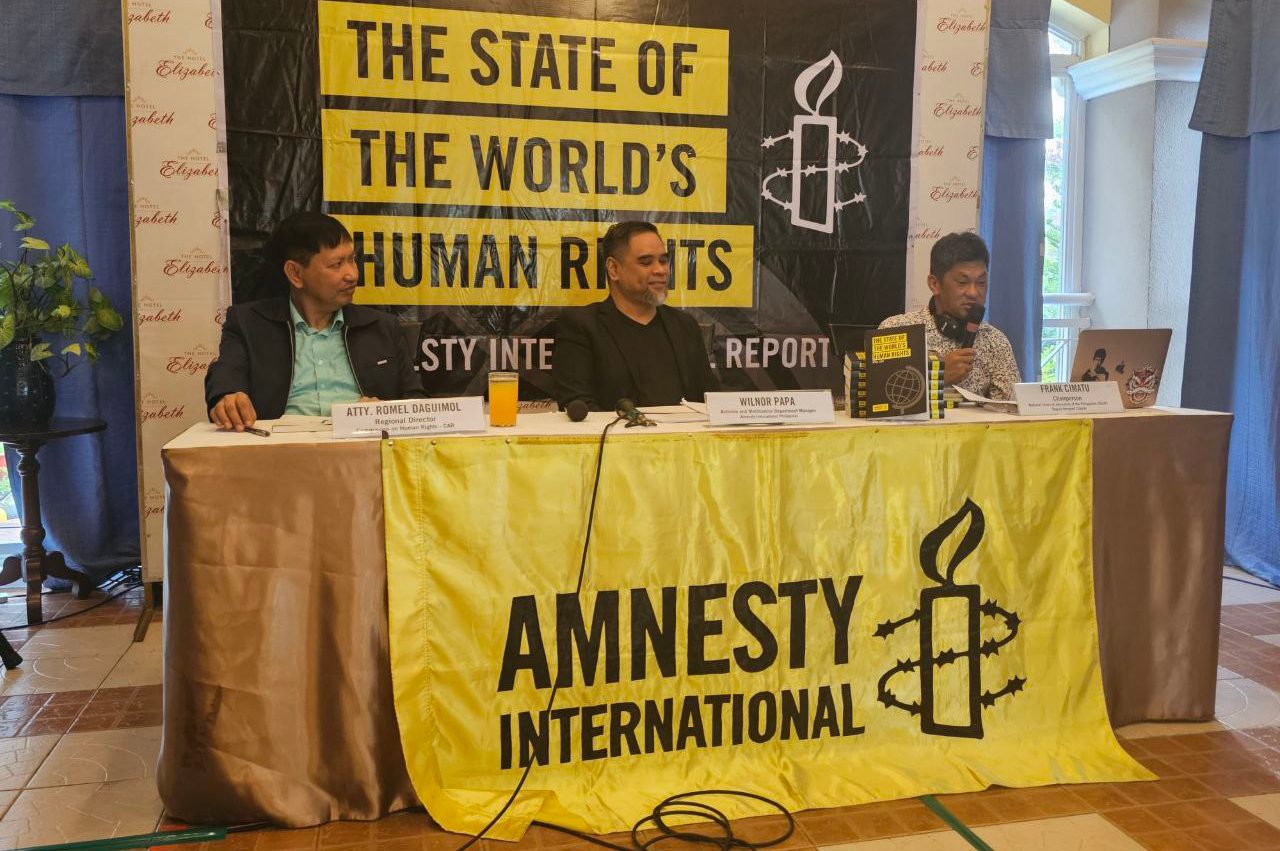
BAGUIO, Philippines – Despite hopes for progress, Amnesty International (AI) Philippines asserted on Wednesday, May 8, that the country’s human rights landscape remained bleak under the President Ferdinand Marcos Jr.’s administration, citing cases of what it called state-perpetrated repression and impunity, which have deepened human rights violations across the country.
“We have noticed, and it’s frustrating if we are being honest, the post-martial law reports of Amnesty International… it is the same issue over and over again,” Wilnor Papa, activism and mobilization manager of AI Philippines, said during the first leg of the 2024 State of the World’s Human Rights Philippine launch in Baguio City.
He said that while the types of human rights violations identified in the report are nothing new, the government’s failure to implement previous recommendations to address the problem has worsened the situation.
“The Marcos administration’s weak approach to progressing rights and pursuing human rights violators points that human rights are not really a priority in this country… even though we know they should be the foundation for any development and political plans that our government wants to pursue in the Philippines,” Papa said.
Human rights watchdog Karapatan has recorded 89 victims of extrajudicial killings (EJKs), 13 enforced disappearances, 122 illegal arrests and detention, and 13,463 individuals threatened or harassed mainly through red-tagging and terrorist-labeling from July 2022 to December 2023.
Killings continue
One of the report’s highlights is the continuing EJKs linked to the government’s anti-illegal drugs campaign and the impunity with which these are committed. The group cited data from Dahas, a university-based research group, that police-led anti-drug operations or unknown individuals have at least killed 329 people in 2023.
“This is not new. In fact, we can say it is getting worse. It is like it has become the norm. When you watch the news, listen to the radio, or read the newspaper, it is the same thing—the way people are being killed, and hardly anyone gets caught or imprisoned,” Papa said.
Lawyer Romel Daguimol, Commission on Human Rights-Cordillera director, said documenting and building cases on EJKs is difficult, whether drug-related or not. He said that while the CHR successfully documented cases, these are only a few, and all are still pending in court.
“However, the sad truth is that it’s hard to document them and build a case up to pointing out the topmost accountability…. Sometimes the participants in the killings are the ones who are usually charged,” he said.
Daguimol explained the challenges in building winnable cases, particularly when numerous victims or witnesses remain reluctant to provide testimonies. He identified a flaw in our justice system: the scarcity of witnesses, hindering both effective prosecution and access to justice for the victims.
In the Cordillera, the notoriety of the Duterte administration’s “war on drugs” was highlighted when two members of the Philippine National Police Cordillera Regional Drug Enforcement Unit (RDEU) were implicated in the abduction and beheading of 25-year-old Harjan Lagman, a resident of Baguio City, in November 2020.
Asked about the status of CHR’s investigation, Daguimol declined to provide updates, citing data privacy.
Red-tagging remains
According to Papa, red-tagging has become the most common means to suppress dissent in the country.
“As far as we are concerned, it is one of the primary issues not only here in Luzon but in various other areas as well. There is a brazen and arrogant attitude among those who perpetrate red tagging,” he said.
In the Cordillera, Daguimol said red tagging has become common, especially among members of the media. He explained that CHR considers the practice “analogous to a violation of the right to security.”
CHR-Cordillera has recorded 30 cases of red tagging in Baguio City involving activists and members of the press during the Duterte administration and seven under the Marcos Jr. presidency. Meanwhile, data from the CHR National Protection Cluster shows that 41 were media-related out of the 140 cases of red tagging recorded from July 2016 to July 2023. Of the seven complaints investigated, state agents were involved in six incidents.
“It is a sad truth, and it should not happen, considering that without an active media, we cannot have a prosperous and good democracy. Without an active and free media, we cannot ensure that justice prevails because we lack the means to check whether the system is working,” Daguimol said.
“Red tagging, in the simplest way, is still discrimination and vilification based on political belief or political affiliation, which is still considered a violation of your right to political exercise,” he added.
AI Philippine reiterated that the government should stop the practice and echoed the call made by two United Nations human rights experts to abolish the National Task Force to End Local Communist Armed Conflict. Rappler.com
Add a comment
How does this make you feel?




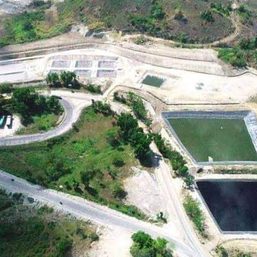
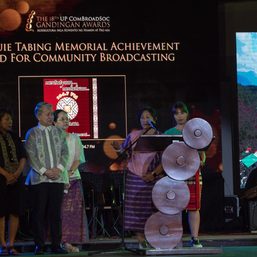

![[OPINION] Navigating the storms of repression: The resilience of young women rights defenders in Asia](https://www.rappler.com/tachyon/2024/03/women-rights-defenders-asia-mar-7-2024.jpg?resize=257%2C257&crop=278px%2C0px%2C720px%2C720px)
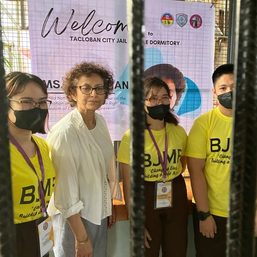
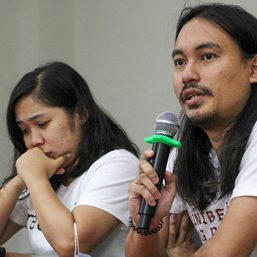
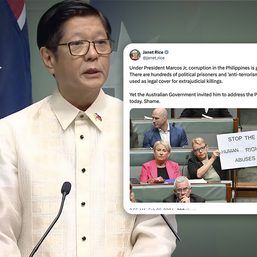
![[OPINION] In the Philippines, the fight for the climate is a fight against state violence](https://www.rappler.com/tachyon/2024/02/imho-contexualizing-state-violence.jpg?resize=257%2C257&crop=265px%2C0px%2C720px%2C720px)
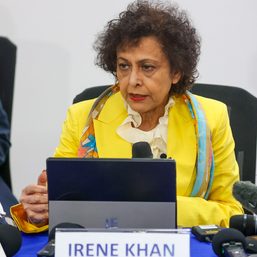

There are no comments yet. Add your comment to start the conversation.